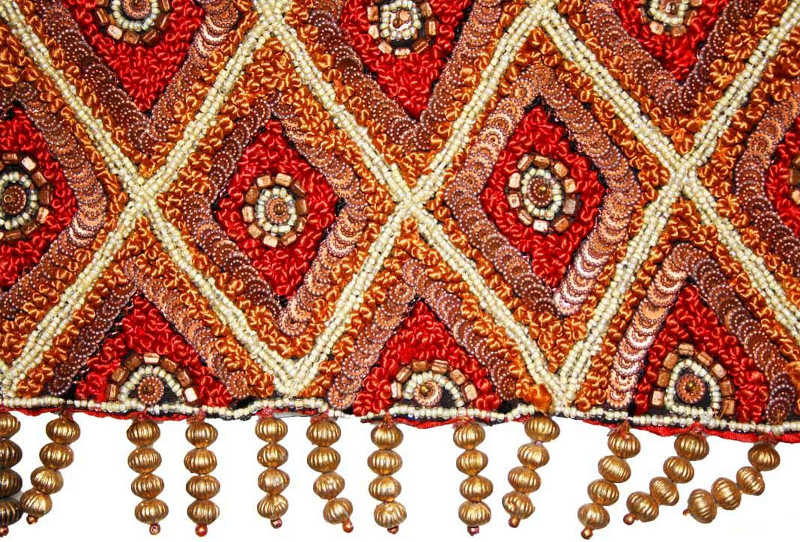===
0700,
11
===

=== |
 |
naql : 'Transporting, carrying from one place to another, removing; transportation; removal; translation; —transmission; —transfer, alienation (of property); —transcribing; copying; imitating; mimicking; acting; mimicry; —imitation of a copy; a transcript, copy; a duplicate; —a history, narrative, relation, report, account; tale, story; anecdote; fable'. (Platts p.1146)
FWP:
SETS == IDIOMS
MOTIFS == HOME
NAMES
TERMS == MOODOh, this is an adorable verse! It's one of Mir's brilliant ones, in which the juxtaposition of seemingly simple, colloquial little phrases adds up to a sudden rush of-- of what? Emotion? Insight? Enjoyment? Appreciation? Melancholy? All of the above, no doubt, plus a never-satisfied, never-satisfiable demand that one decide what it means to call the heart 'a home that was a home', so that one can catch a glimpse of what that 'something' that has remained might be. (Mir uses the same idiom in {1577,5} too.)
SRF points to the colloquial kyā naql karye , and equates naql karnā with 'to express' [bayān karnā]. But in addition, there are so many other meanings for naql , and almost all of them are relevant and even piquant (see the definition above). Just to run through the list is a pleasure. Then, the juxtaposition of the nostalgic claim that the heart is 'a house that was a house' strongly suggests that since the (partial) ruin of the heart, the speaker has not had any other real home (no home that is a home); nor, since the heart was inimitable in some inexpressible way, will he have any real home in the future.
Compare Ghalib's own brilliant use of one of the same idioms, also in the context of remembering a home:
G{35,8}